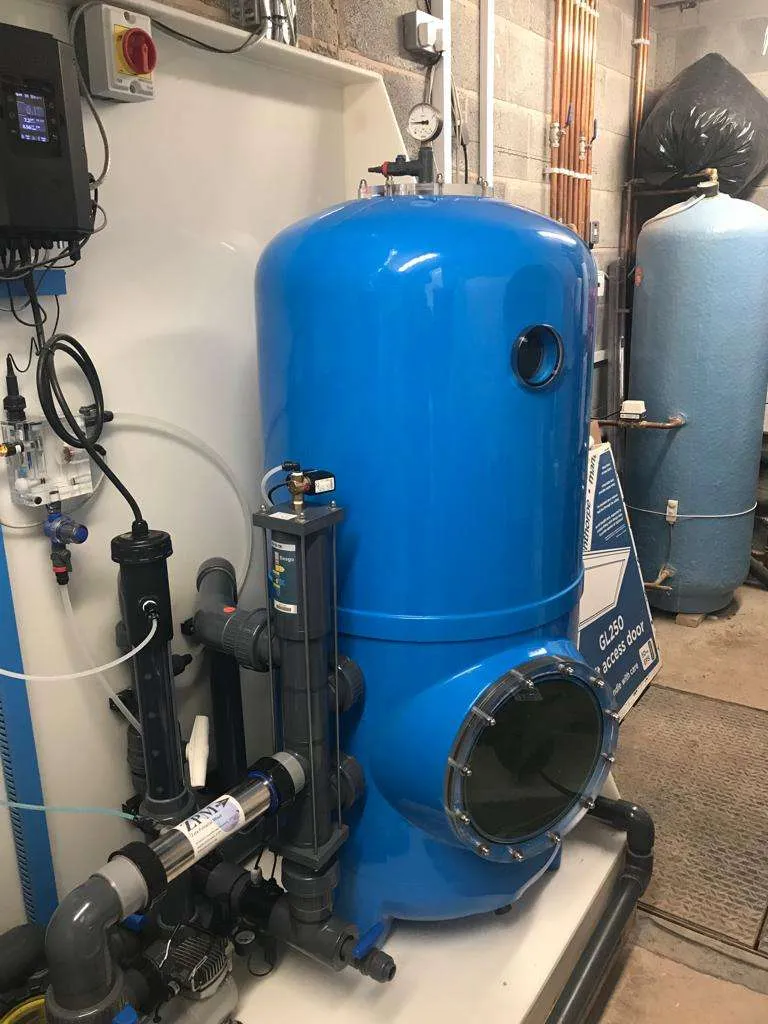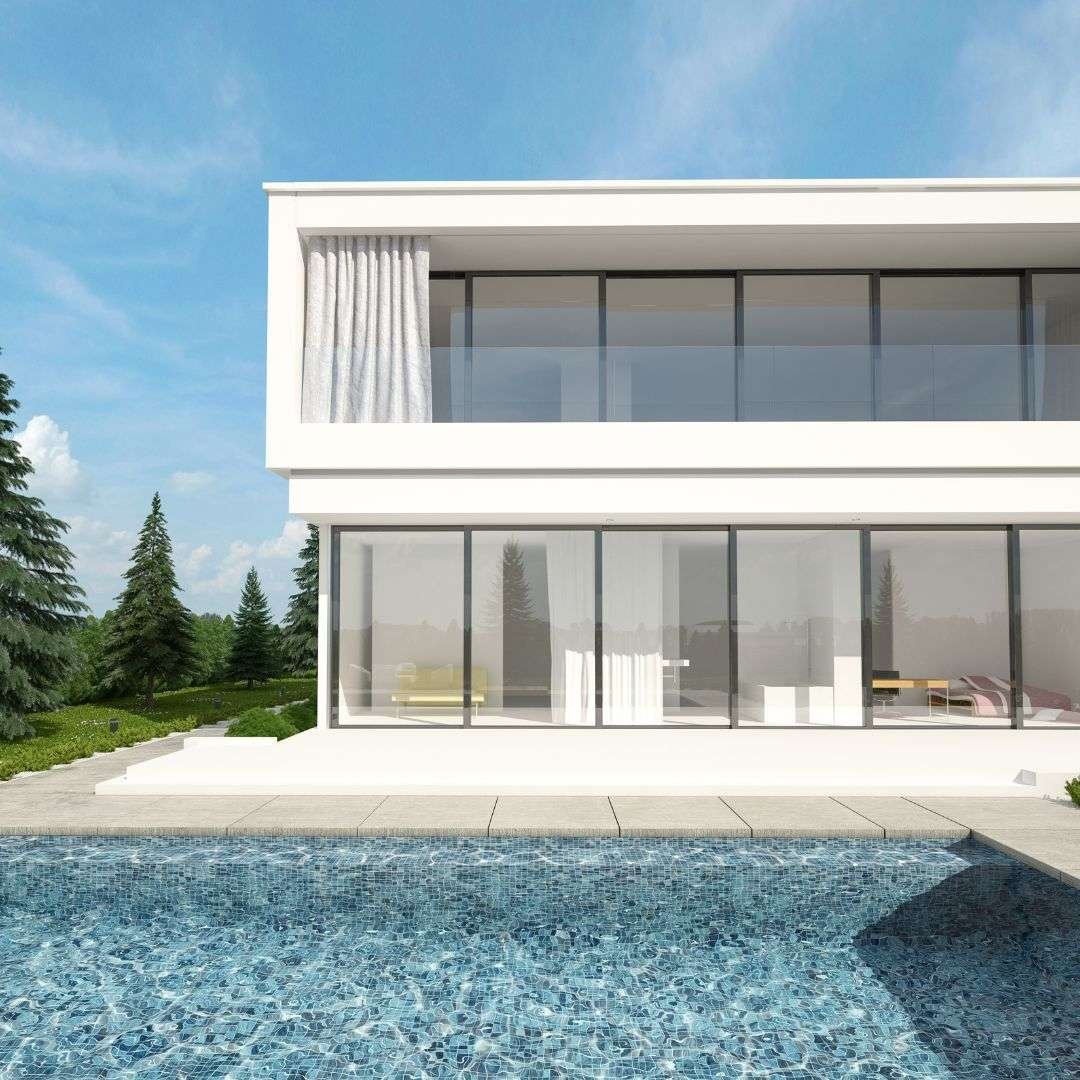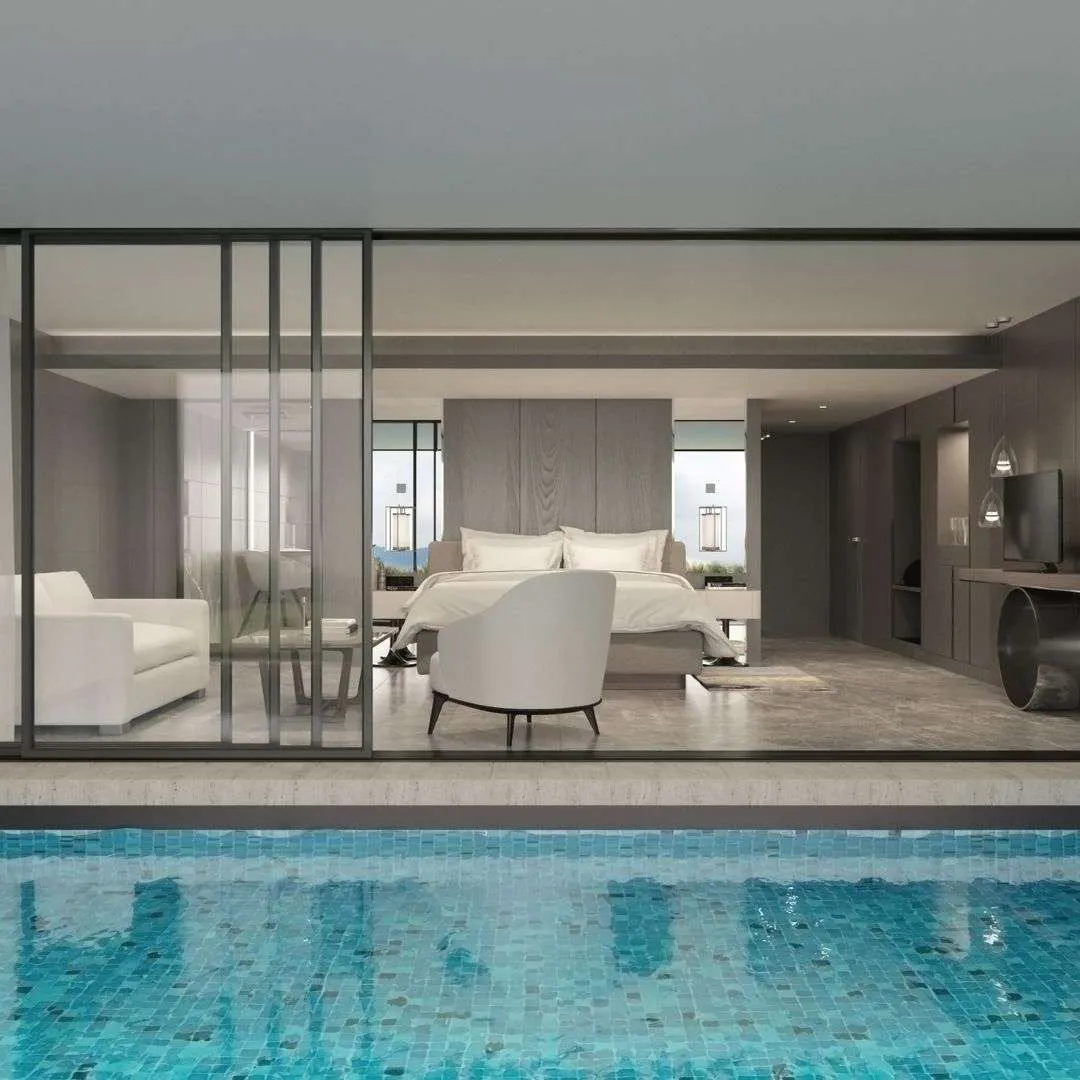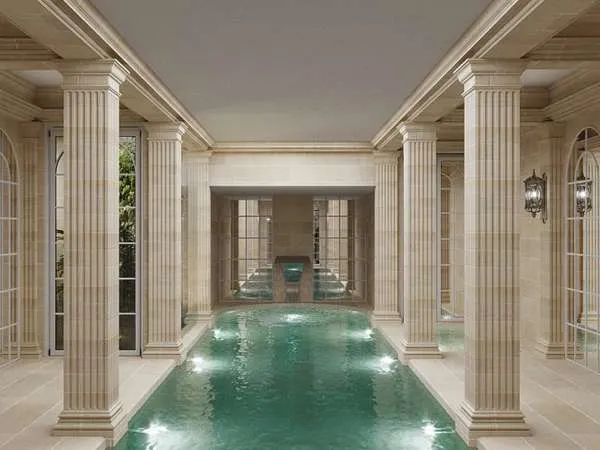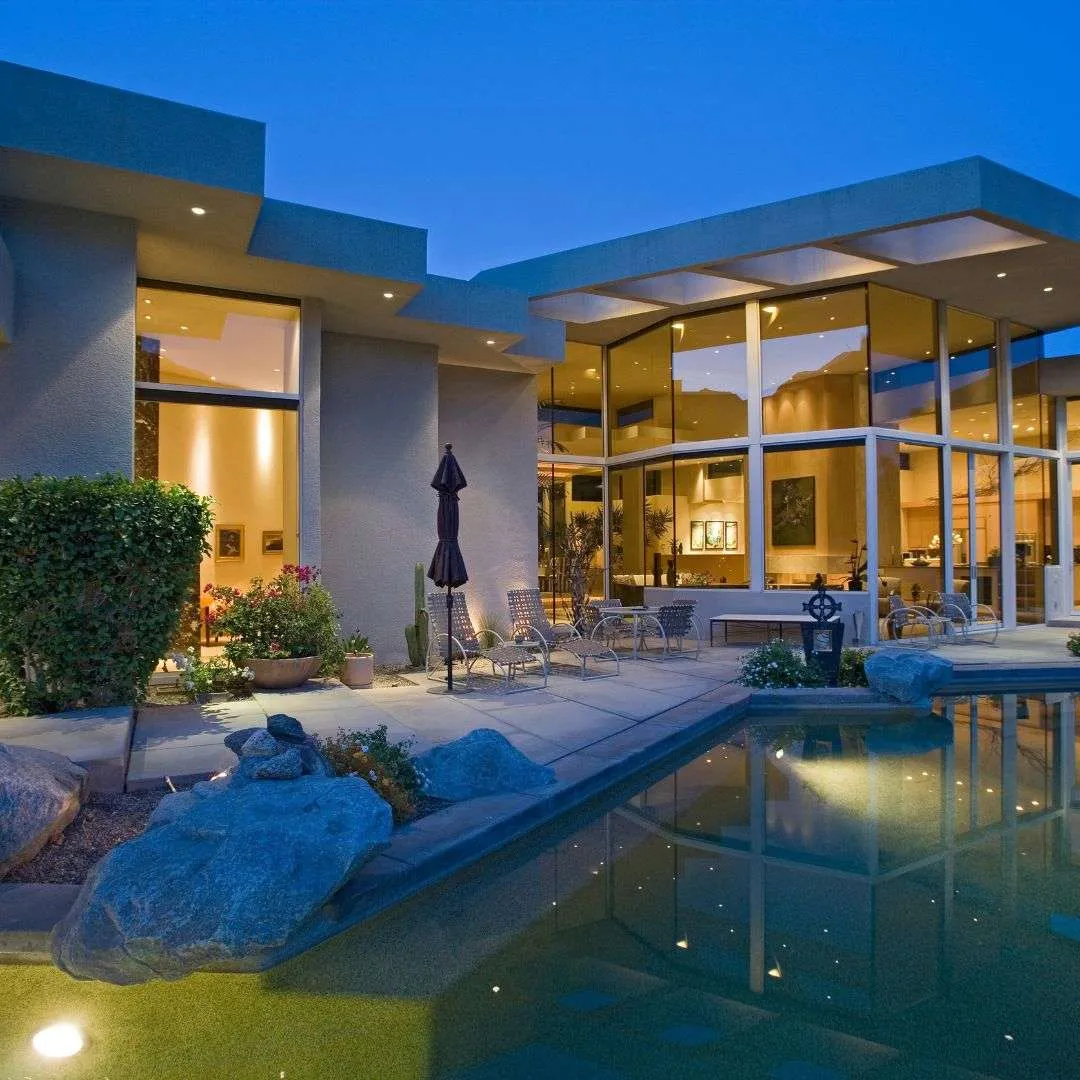Maintaining your swimming pool is crucial to ensure that it remains a safe, enjoyable, and aesthetically pleasing space. Regular pool maintenance services play a key role in preserving water quality, extending the life of pool equipment, and preventing costly repairs. Here are some reasons why Swimming Pool Maintenance Service are important:
Water Quality: Proper water balance is essential for
a safe and healthy swimming environment. Regular testing and adjustments of pH
levels, alkalinity, and chlorine levels help prevent the growth of harmful
bacteria and algae. Maintaining balanced water chemistry also protects the pool
structure and equipment from corrosion and scaling.
Preventive Care: Routine maintenance allows for early
detection of potential issues such as leaks, equipment malfunctions, or damage
to pool surfaces. Identifying problems early on can prevent them from
escalating into more significant and costly issues.
Equipment Longevity: Pool equipment, such as pumps,
filters, and heaters, require regular maintenance to ensure they operate
efficiently. Properly functioning equipment not only improves the overall pool
performance but also extends the lifespan of these components, saving you money
on replacements.
Energy Efficiency: Regular cleaning of filters,
inspection of pumps, and calibration of heaters contribute to energy savings.
Clean and Inviting Appearance: Regular cleaning of
the pool surface, skimming debris, and vacuuming the pool floor help maintain a
clean and inviting appearance. This not only enhances the aesthetic appeal of
your pool but also prevents the accumulation of dirt and debris that could lead
to water quality issues.
Compliance with Regulations: Many local health
departments have regulations and guidelines regarding pool water quality and
safety. Regular maintenance ensures that your pool meets these standards,
keeping your swimming facility compliant with health and safety regulations.
Safety: A well-maintained pool is a safer pool.
Regular maintenance helps identify and address safety hazards, such as broken
tiles, loose fittings, or slippery surfaces. Ensuring that safety features like
pool covers, handrails, and ladders are in good condition is crucial for
preventing accidents.
Cost Savings: While there is an upfront cost
associated with hiring pool maintenance services, the long-term benefits
include preventing major repairs and equipment replacements. Addressing issues
promptly can save you money in the long run by avoiding more extensive and
expensive repairs. If you are searching with Swimming Pool Maintenance Near Me
in your location, Luxpool is the best option for you.
In conclusion, investing in regular swimming pool
maintenance services is essential for preserving water quality, ensuring
equipment longevity, enhancing safety, and preventing costly repairs. A
well-maintained pool provides a clean and enjoyable space for recreation and
relaxation.



